
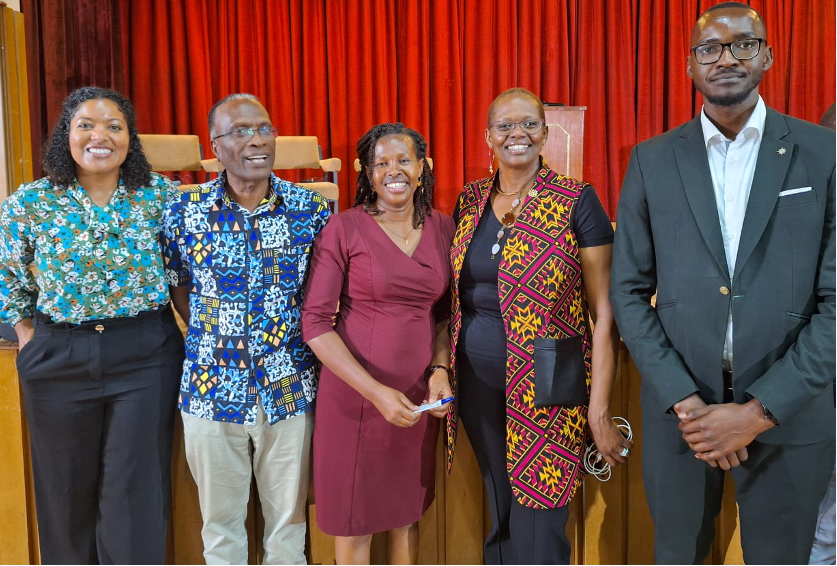
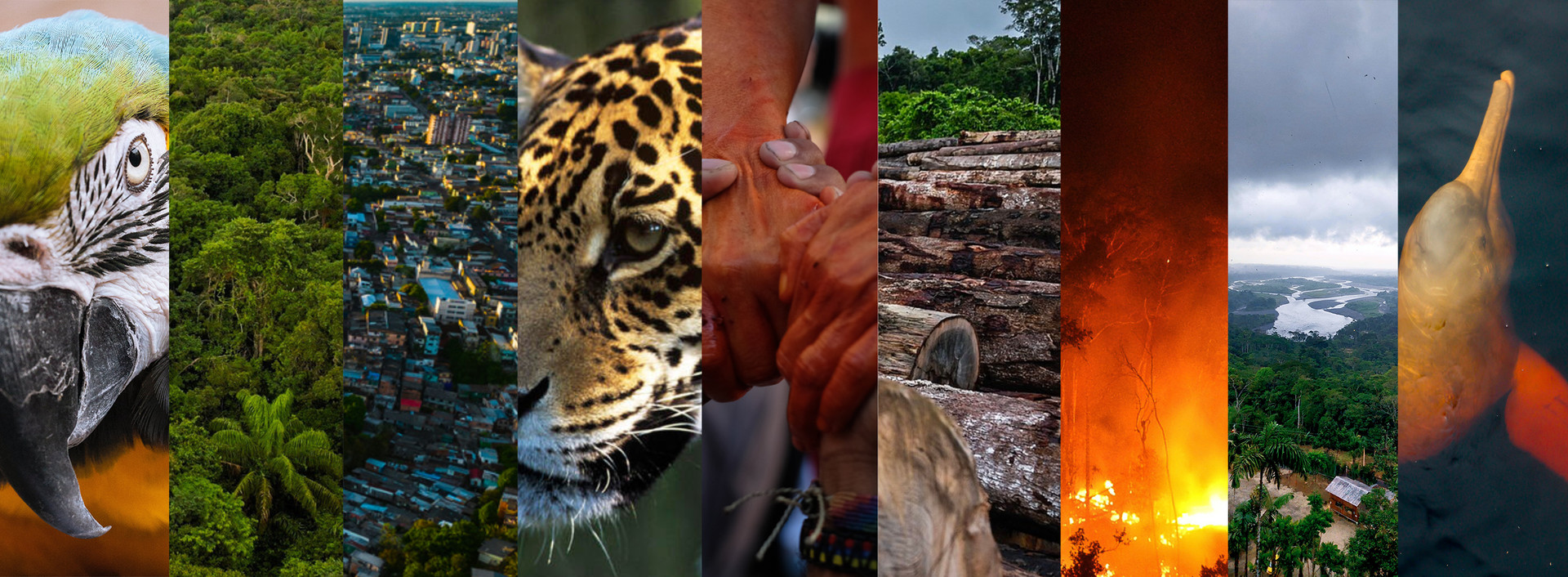
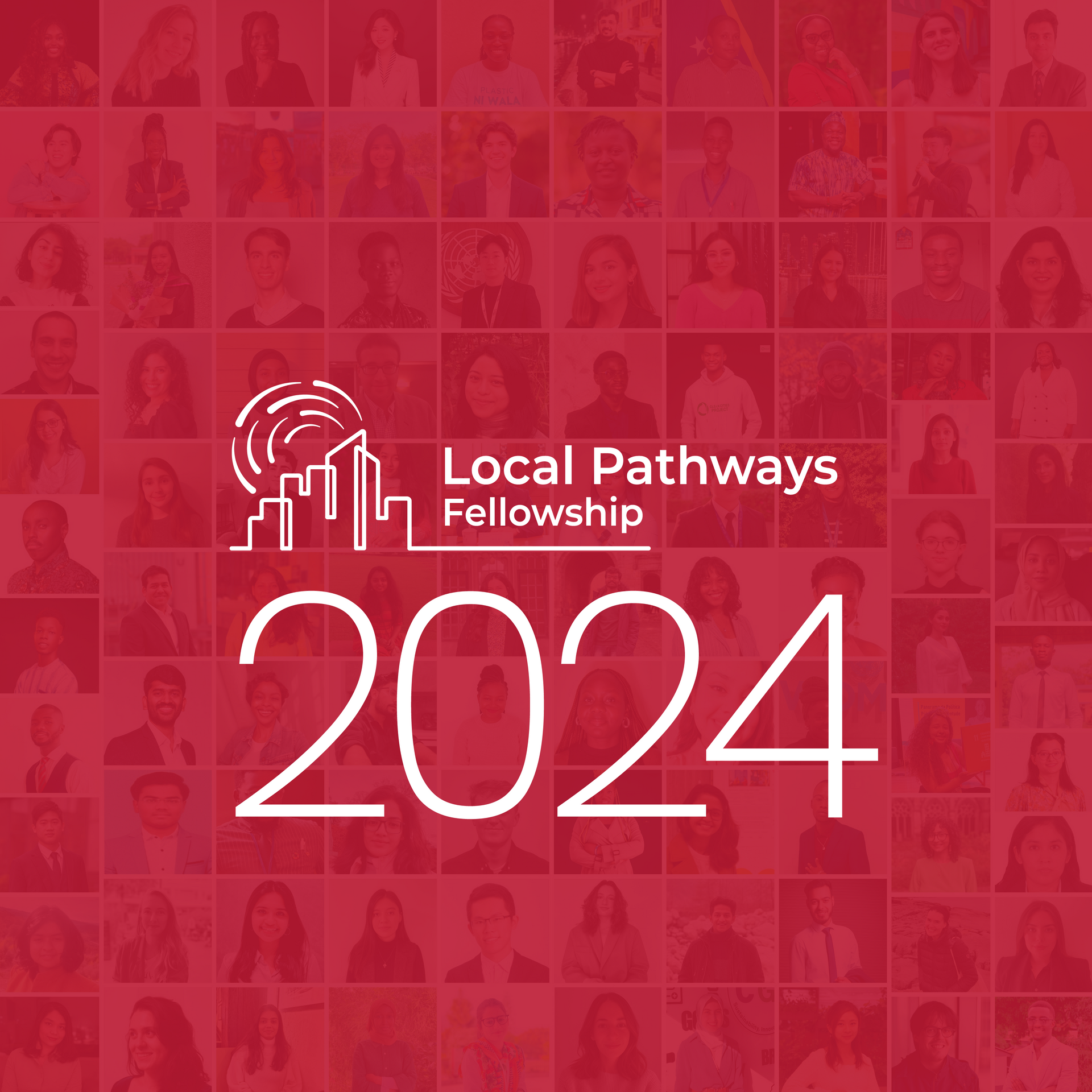
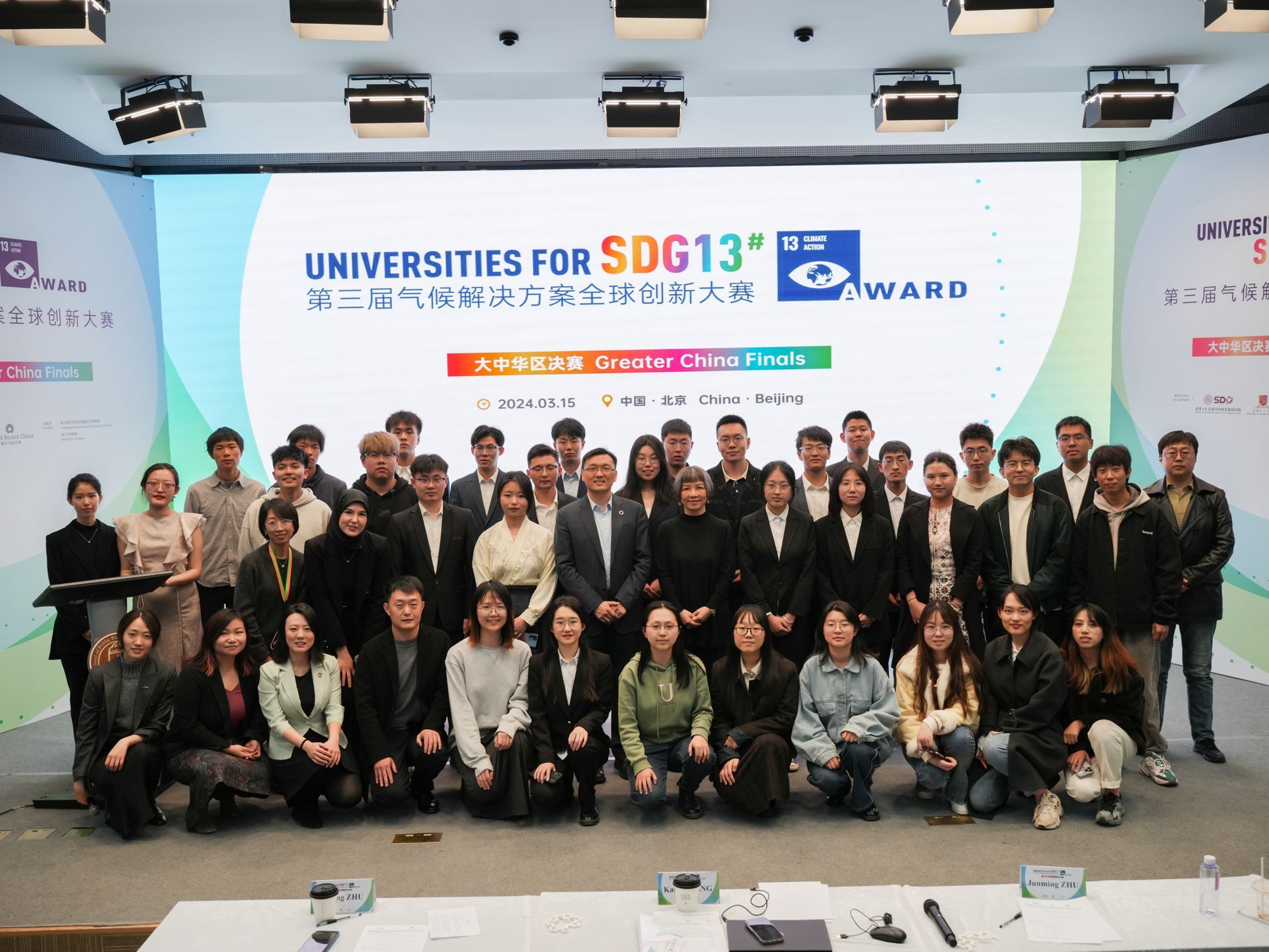
On November 5th, I arrived in Sharm El Sheikh, Egypt to attend the 27th Conference of the Parties to the United Nations Framework Convention on Climate Change (COP27). Being my first COP, I was both excited and unsure of what to expect. With over 40,000 attendees and more than 100 Heads of States and Governments, plus countless side events and bilateral meetings, the excitement surrounding the highly anticipated “implementation” COP was palpable.
This year’s COP, though resulting in mixed outcomes, did lead to some climate wins, with the most notable being the “loss and damage” agreement which is meant to eventually provide funding to vulnerable countries most impacted by climate change. First proposed by small-island nations more than three decades ago, this idea had previously faced opposition from developed countries, including the US and EU. Newly added to the official agenda, discussions on a loss & damage facilitated at COP27 led to breakthroughs, alongside related pledges of more than US$300 million by several European countries [1], including the establishment of a 24-country transitional committee to provide recommendations for operational modalities by COP28. From the devastating floods in Pakistan and Nigeria, to severe droughts in East Africa, the impact of climate disasters has long-been disproportionately felt by vulnerable populations, including low-income communities, racial and ethnic minorities, and women and girls. The goal of this fund – to call for developed nations (who are among the heaviest emitters) to be responsible, has been championed by UN Secretary-General Antonio Gutteres’, who continues to emphasize that: “polluters must pay”.
This historic decision made at COP27 which is undoubtedly an important step forward, has been clouded by the fact that the focus of climate change action is often on the impact and not the cause. Despite COP27 President Sameh Shoukry’s opening speech urging for movement away from negotiations and pledges and towards implementation, COP27’s progress is ultimately stymied by the lack of ambition needed to keep the goal of limiting the global temperature rise to 1.5 degrees C alive, and especially by the lack of action on phasing out of fossil fuels. With outcomes such as the “Sharm El-Sheikh implementation plan” that failed to show much advancement on the Glasgow Climate Pact in which nations agreed to “work to reduce the gap between existing emission reduction plans and what is required to reduce emissions, so that the rise in the global average temperature can be limited to 1.5 degrees”[2], the frustration amongst climate advocates and communities around the world can be clearly felt as governments continue to fall short in cutting national emissions.
The fact of the matter is, to keep 1.5 degrees even in the threshold of possibility, there needs to be more decisive leadership from the world’s biggest emitters committing in a major phase out of global coal use. As stated by the Council of Engineers for the Energy Transition (CEET): “the vast majority (nearly 80%) of today’s primary energy is still supplied by fossil fuels. To meaningfully transition to low-carbon sources in the limited time remaining to meet climate goals, the world must quickly deploy a variety of commercially available clean energy technologies, accelerate the development and deployment of emerging technologies, and pursue research to develop additional innovative solutions. This must be done while also linking these technical solutions with policies that support a just and affordable energy transition that leaves no one behind.”[3] The problem is that decision-makers are confronted with regional economic dependency on coal mining, market structures that continue to favor coal over cleaner alternatives[4], and are wracked with growing uncertainty on how to drive the transformation in energy at the rate consistent with the goals that have been set in the Paris Agreement, often leading to the same discussions time and time again, without implementable solutions.
Instead of dwelling on the uncertainties however, the focus should be shifted to both the challenge and solution – transitioning to global net-zero energy systems. One such example of a region demonstrating ambitious climate leadership is our host this year, Africa, which the African Development Bank (AfDB) estimates to possess some of the globe’s greatest potential for solar power[5], amongst other renewable energy sources. With the continent just this year adopting the African Common Position on Energy Access and Just Energy Transition, and the African Continental Power Systems Master Plan (CMP), Africa is clearly demonstrating a region-wide commitment to ambitiously investing in resources and infrastructure to secure the continent as one market. As the African Union Commissioner for Infrastructure and Energy, H.E. Dr. Amani Abou-Zeid shared in a meeting with the CEET, the key to driving both a sustainable and just energy transition is to harmonize markets to support infrastructure development and to create an environment conducive to cooperation and welcoming to private investment.
With uncertain governments and wary investors, there is a growing need for engineers, scientists, policy makers, the private sector, and financial institutions to come together and activate regional approaches to accelerate low-cost, low-carbon energy solutions by demonstrating the effectiveness of bankable projects. Building national and regional momentum is key to contributing to the UN Secretary-General’s goal of achieving comprehensive decarbonization by mid-century and ensuring energy access and economic growth opportunities for all.
Contact:
Elissa Bozhkov
Program Associate, Council of Engineers for the Energy Transition (CEET)
elissa.bozhkov@unsdsn.org
[2] The Glasgow Climate Pact – Key Outcomes from COP26 | UNFCCC
[3] Sustainable Development Solutions Network (unsdsn.org)
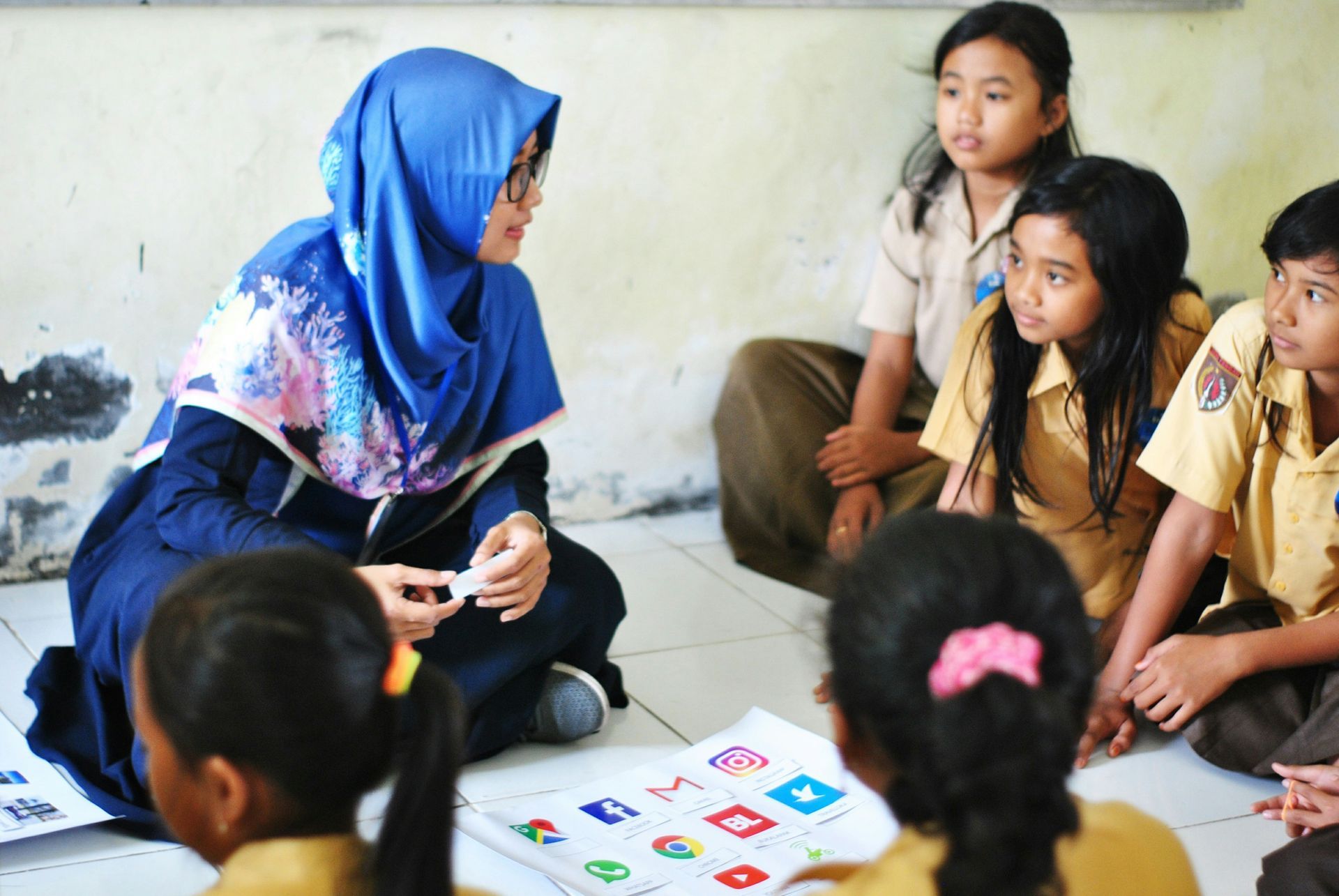





Get our latest insights, opportunities to engage with our networks, and more.
SDSN mobilizes global scientific and technological expertise to promote practical solutions for sustainable development, including the implementation of the Sustainable Development Goals (SDGs) and the Paris Climate Agreement.
Paris
19 rue Bergère
75009 Paris
France
+33 (0) 1 84 86 06 60
New York
475 Riverside Drive
Suite 530
New York NY 10115 USA
+1 (212) 870-3920
Kuala Lumpur
Sunway University
Sunway City Kuala Lumpur
5 Jalan Universiti
Selangor 47500
Malaysia
+60 (3) 7491-8622